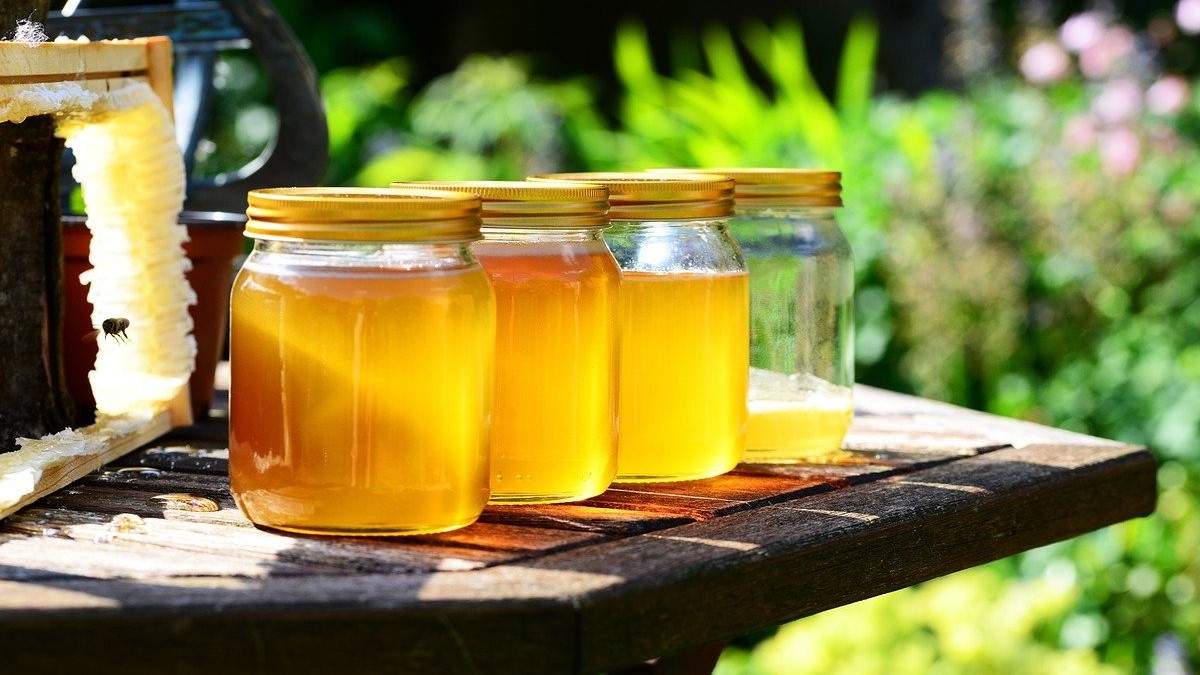Eczema is a chronic condition with no known cure, and although it isn’t deadly, it also isn’t pleasant. Another frustrating aspect of eczema is that everyone has different triggers that lead to flair-ups and everyone responds differently to treatments. If you’re dealing with eczema you may have heard about using honey to treat it. It sounds strange, but it also sounds easy, is there any truth to it? In today’s post, we’ll break down the science behind treating eczema with honey and whether or not it’s something you should consider.
Can I just use any honey?
Unfortunately, all honey is not created equal, and the research suggests that only one specific type of honey may actually be effective in treating eczema. The type of honey that can be used to treat eczema, as well as a variety of other conditions, is known as Manuka honey. Unlike raw honey, Manuka honey is naturally antibacterial and bacterial resistant. This type of honey comes from New Zealand and Australia and is produced only by bees that forage on manuka flowers. This means that the potential applications for its use include reducing cholesterol, reducing inflammation, reducing acid reflux, and reducing acne. That said, the research on Manuka honey being used to treat any condition, including eczema, is still limited. Regardless of what you intend to treat with Manuka honey, it’s a good idea to speak with your doctor first.
How does it work?
So you decided you’ll go ahead and try lathering some honey onto your eczema patches, but it might be nice to know why exactly you’re doing it. There’s a handful of reasons researchers think it works. As briefly mentioned above, Manuka honey does have antibacterial properties, as well as anti-inflammatory properties. These qualities alone are enough to help prevent patches from forming or to reduce patches that are already present, but that may not be the only reason it works. One of the main issues that occur with eczema patches is intensely dehydrated skin. Applying honey to the patches helps trap moisture and reduce symptoms such as itchiness and redness. There haven’t been any widespread studies conducted about the effects of honey on eczema, but smaller studies such as this one do point to a positive effect. Regardless of the positive studies, it's important to remember that treating eczema with honey has yet to undergo significant research. Many dermatologists recommend trying it, but not relying on it fully as a means of managing eczema. Regardless, you should speak with your doctor first.
What’s the downside?
A simple treatment, requiring only Manuka honey to clear up eczema? Sounds a bit too good to be true? There are risks that anyone planning to try the treatment should be aware of. The main one is allergies, if you’re allergic to bees or pollen it’s possible to have an allergic reaction to honey, which would only lead to worsened symptoms. It’s also worth noting that honey is not recommended for infants. Additionally, as with many products, advertising can be misleading, and not all Manuka products truly contain high-quality Manuka honey. To get around this just look for the Manuka Factor quality trademark.
One final consideration is that, as with any dermatological product, you should do a spot-test first. Apply the honey to a very small patch of skin and see if it produces any effects before moving on to using it on larger spots.
The bottom line:
At the end of the day, Manuka honey hasn’t been proven to be effective at treating any condition, including eczema. Many people swear by it, and there is some evidence suggesting that it provides medical benefits, but it is far from conclusive. If you’re looking for a new method to treat your eczema, Manuka honey might be worth a shot, but given the nature of the product, it’s best to speak with your doctor first and proceed with caution when applying it for the first time. Due to the buzz around the product, the risk of counterfeit products is always growing, and it’s important to make sure that you’re buying genuine Manuka honey, as any other type of honey does not possess the antibacterial qualities that make Manuka honey special.
Here are some other articles we think you might enjoy:



